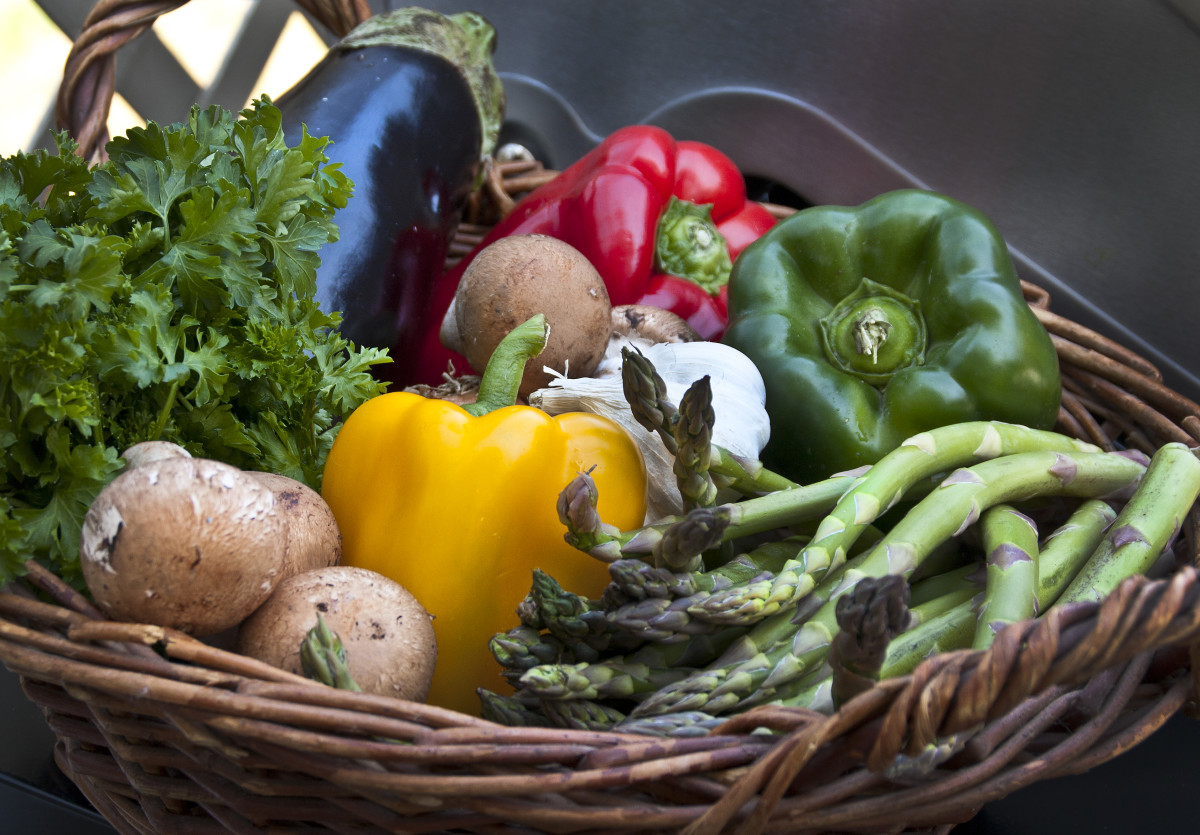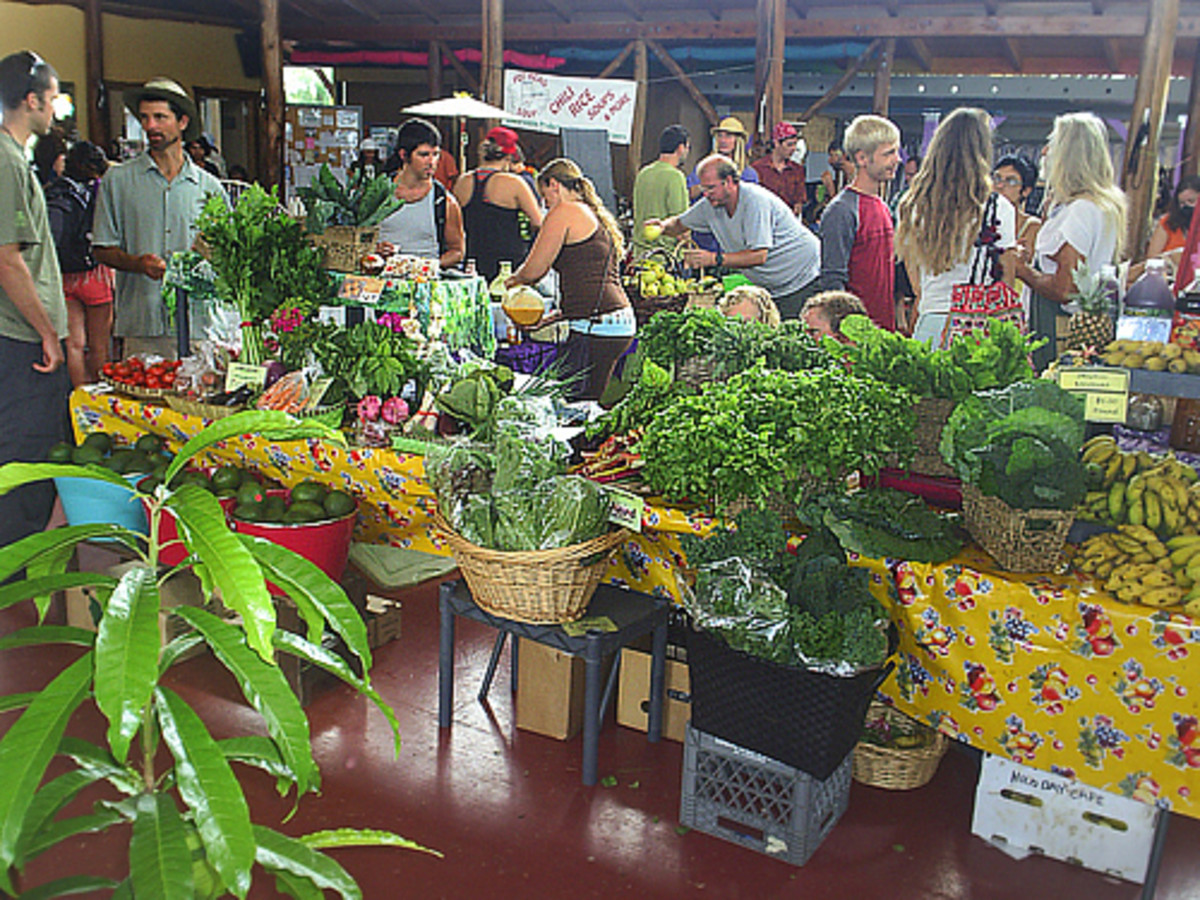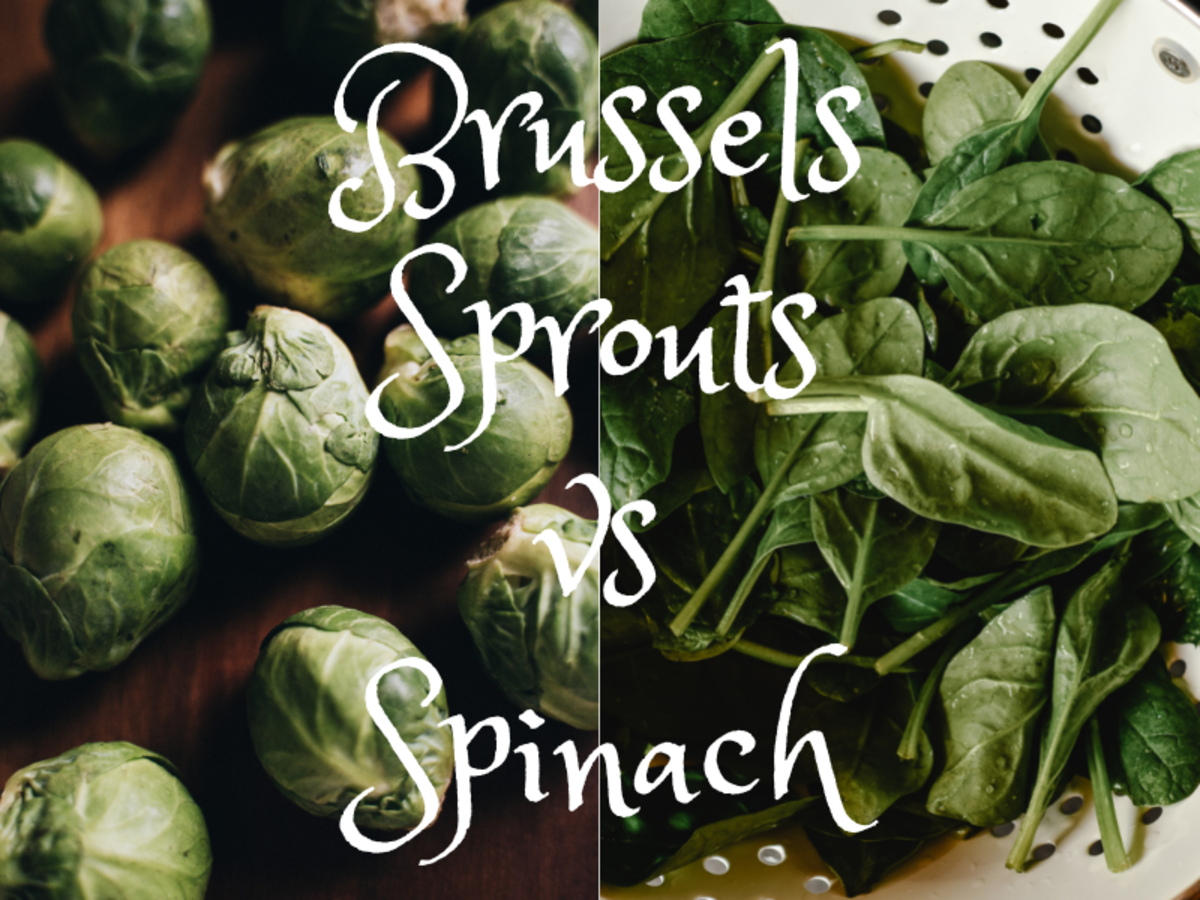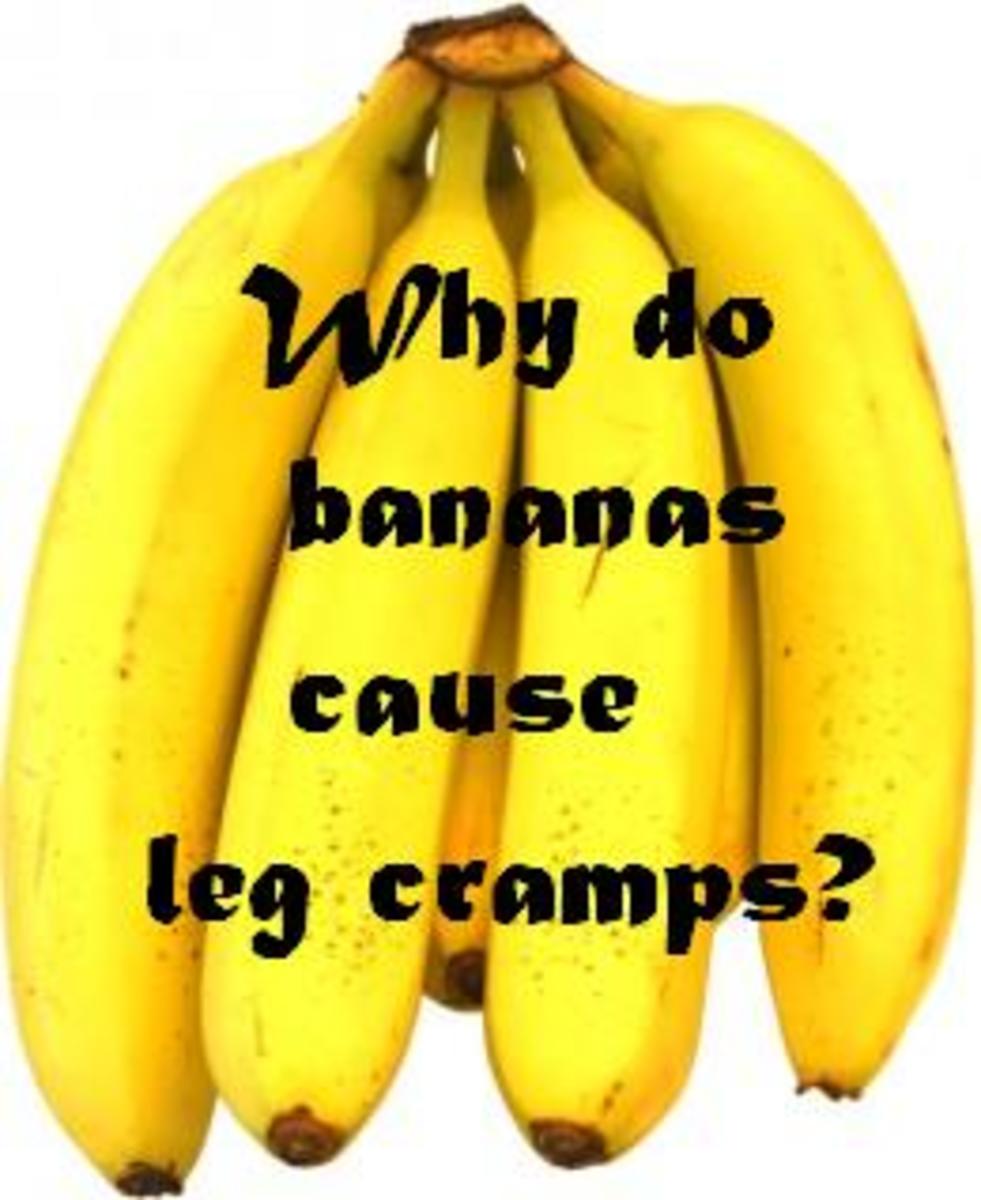Health Benefits of Shopping at a Farmers Market

When we think of buying food at a farmers’ market, we usually think of fruits and vegetables. And while those are the kinds of food predominantly found at a farmers’ market, there is also cheese and bread, pies and pastries, and sometimes meat. Of all the foods found at a farmers’ market, however, the fruits and vegetables are probably the most diverse, though one vendor at my local market offers an amazing array of cheeses.
According to the Center for a New American Dream, locally-grown food is safer because small farmers do not use chemicals as much as large commercial growers use them. The farmers’ market products may not all be organic but those foods tend to be healthier than grocery store products, especially if chemicals and pesticides are a concern. Many vendors at farmers’ markets have recognized the need and desire for healthier, chemical and hormone-free foods and tout their organic, pesticide-free grow practices.
Besides the individual health concerns, buying from a farmers’ market has a larger health benefit. Buying local food helps our air quality by keeping the food close to where it is grown or produced, reducing the need for transportation. On average, the food that lands on our tables from a grocery store travels 1,500 miles. That’s a lot of fuel-guzzling transportation dumping pollution into the atmosphere.
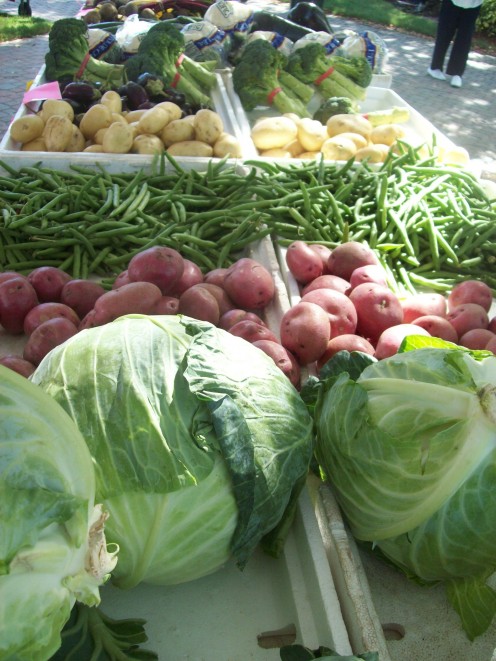
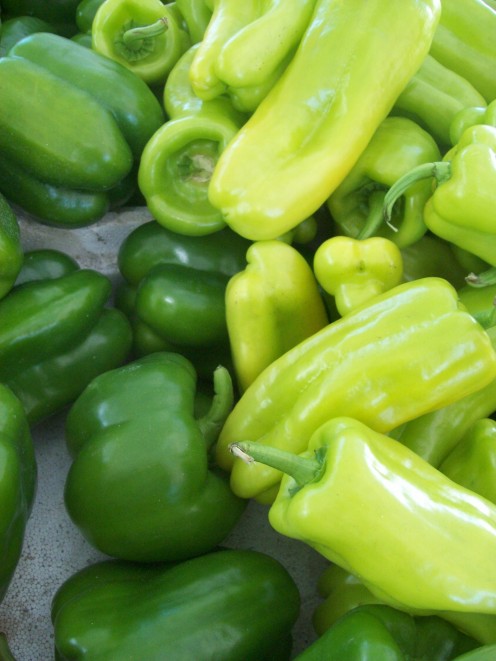
Walk through a farmers’ market and take in the sights on the produce aisles. Fresh fruits and vegetables look better, smell better and taste better than their grocery store counterparts. When our food tastes better, we eat more of it. Imagine your children and family eating more fresh produce than junk food, burgers or pizza! Produce at the farmers market is fresher and healthier because it is picked within 24 hours of the market. By contrast, fruit and vegetables sold in grocery stores are harvested days or weeks before hitting the grocery store aisles, often in other countries or other parts of this country. It is harvested before it is ripe. Then it is processed – often gassed to “ripen” it – packaged and refrigerated while awaiting that fuel-guzzling transportation. Having not reached maturity and not allowed to ripen, store-bought produce never reaches its full nutritional value, and as it sits in packaging days and weeks after harvest, its nutritional value declines even further. The farmers market produce on the other hand, reaches its full nutritional potential because it is harvested only when it is ripe. That produce then retains most of its nutritional value because it is sold to the consumer within 48 hours of harvesting.
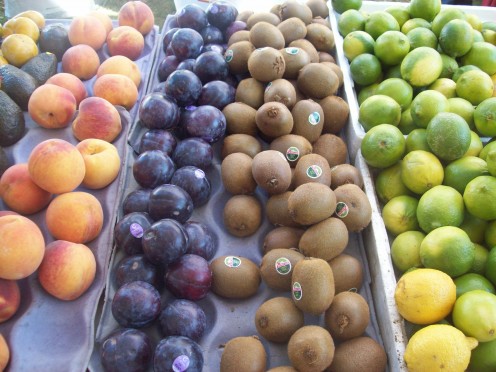
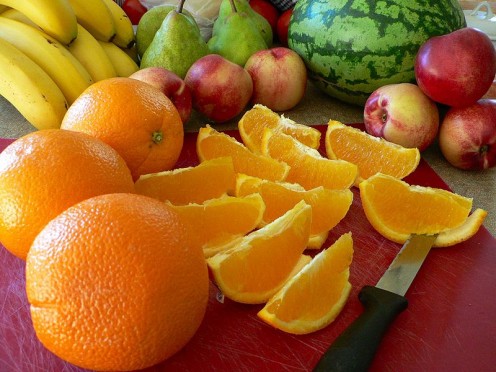
Though the food pyramid tells us to eat 3 to 6 servings of fruit and vegetables, it doesn't say what to eat. Obviously any fruit and vegetable is better than none, but to optimize your fresh produce power follow this simple rule of thumb: Eat a rainbow of color each day.
- Red: strawberries, tomatoes, cherries, watermelon: lycopenes prevent certain cancers.
- Orange: carrots, squash, melon: beta carotene protects against bronchitis, asthma, cataracts, high cholesterol and lung cancer.
- Yellow: peppers, corn: liminoids and beta carotene protect vision and prevent colon and breast cancer.
- Green: spinach, greens, broccoli: lutein and saponins protect eyesight, prevent cancer and maintain healthy hearts and skin.
- Blue: blueberries, plums, grapes: anthocyanin prevents colon, cervical and prostate cancer.
- Purple: grapes, raspberries, blackberries, eggplant: anthocyanin prevents cancer and is an anti-inflammatory.
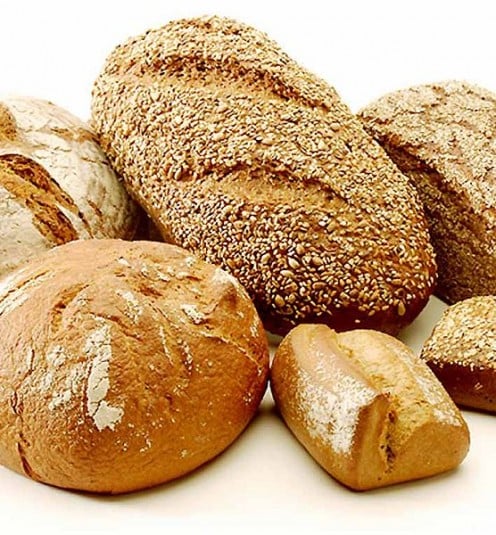
Besides the fresh produce, and that’s probably the main reason to go, farmers markets offer a number of other food products. From eggs to cheese to fresh-baked breads, these products offer a more nutritionally sound choice to that found in grocery stores. Whole grain breads contain more vitamins, minerals and fiber, and because of the higher levels of antioxidants and other phytochemicals found in fresh whole grain breads, many scientists now believe whole grain breads may help reduce the risk of cancer, diabetes and heart disease. Farmers market shoppers can also buy organic and free-range eggs, grass-fed beef, goat’s milk and cheese, organic nuts and honey. Many farmers markets have vendors who make fresh made-to-order smoothies, homemade preserves (without the preservatives) and homemade salad dressings and sauces.
Purchasing your food from a farmers market has many benefits that hit close to home as well far reaching benefits. Healthy wholesome foods, cleaner air, support of the local economy - these are just a few of the excellent reasons to buy food locally at a farmers market. For your family's health, however, buying local is easily the best choice. Packed with more nutrients and phytochemicals, the food has far greater health benefits than what can be purchased at the grocery store. Your family will look better, feel better, and be healthier when you make a trip to the farmers market a part of your weekly shopping.

- Support Your Local Farmers Market
Fresh vegetables purchased at a local farmers market supports more than great health. Saturday mornings gingham-covered tables stand under umbrellas. Boxes tipped sideways on the tables spill out fresh... - The Best Farmers Markets in the World (in no particu...
St. Lawrence Market in Toronto, Canada. Every country has its culture, its customs, its cuisine. Every countrys cuisine originated with the vegetables, fruit and spices that could be found...

